In the rural village of Haps, nestled in Southern Holland, potato producer Maarten Robben took a bold step in his farming journey. For the first time, he sowed true potato seeds (TPS) directly onto one of his fields—a revolutionary approach for the Dutch potato industry. Robben's ambition was clear: to cultivate small, high-quality baby potatoes, using fewer chemical inputs while resisting the intense late blight pressure that is common in the Netherlands.
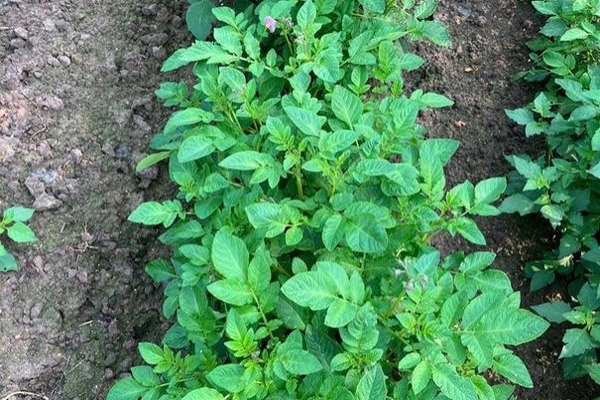
On July 8, Robben sowed pelletized true potato seeds of Solynta's Solhy017 and Solhy016 varieties, both suitable varieties for the baby potato market. The goal was ambitious—to grow a healthy crop with minimal intervention at a late time in the season and see if Dutch-grown baby potatoes could replace imports from France, the United Kingdom, and Egypt. "We were looking for varieties that could meet local demands for baby potatoes, resist late blight, and give us flexibility in timing. True seeds allow us to store and sow when conditions are ideal, which is game-changing," Robben shared.
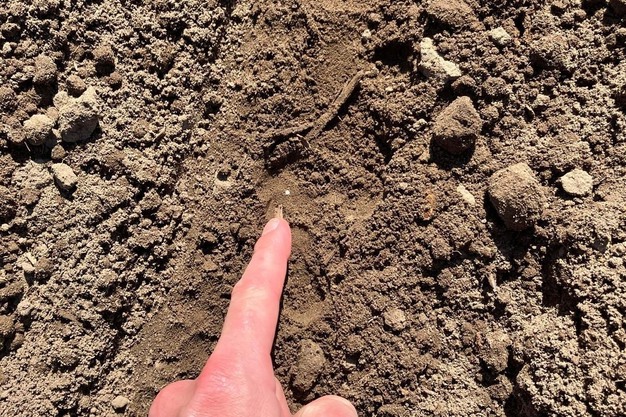
Innovative sowing and care approach
The seeds were carefully sown using common machinery, at an optimal 15 cm spacing on ridges.
During the growth cycle, Robben applied just 5 anti-phytophthora sprays as an extra precaution measure—a drastic reduction compared to traditional methods, where in general, 12-15 times spraying of potato crops to prevent disease damages is no exception. And with the help of Solynta's experts, he fine-tuned weeding practices, using both mechanical and chemical interventions. By supporting the plants' health in their early stages, Robben was able to grow a robust crop that would exceed his expectations. "The level of resistance against Late Blight is surprisingly high! I did not expect that!", said Robben.
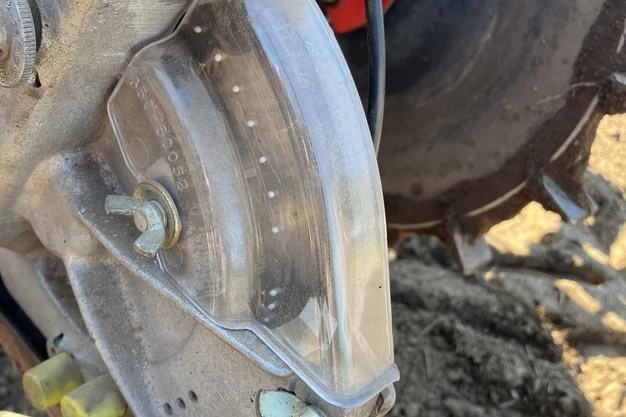
Astonishing results from the first harvest
After just 90 days, the first harvest brought thrilling results. Despite the unusually late sowing date, both hybrid potato varieties thrived, yielding perfectly shaped baby potatoes. "The germination rate was exceptional," Robben reported. "The young seedlings soon grew into vigorous plants, yielding round, uniform potatoes ideal for the baby potato market. Starting very late in the season didn't compromise tuber quality, thanks to the reliability of true seeds. We could sow when it suited us best, which was necessary due to the unpredictable, wet weather we had this season. Additionally, the resistance against Late Blight was really good!", he concluded.
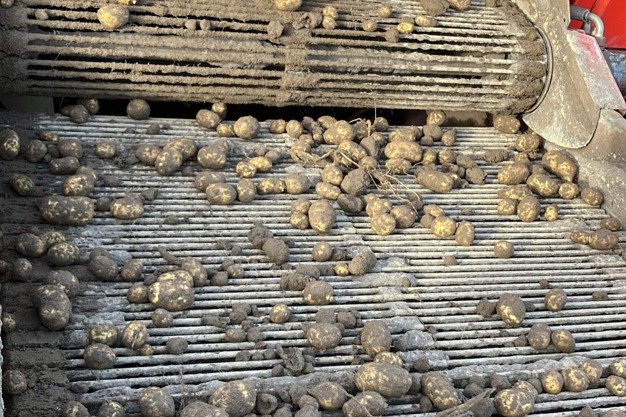
Robben and his team discovered another unexpected advantage of true seeds: multiple sowing moments allow for harvests at multiple times. True potato seeds allow staggered sowing, which means that Robben could potentially plan for various harvests throughout the season. This could allow for consistent delivery of fresh baby potatoes to baby potato processors.
Unlike seed tubers, which require costly climate-controlled storage, true seeds are compact, and convenient to store until the next optimal sowing time.
To view the full report, click here.
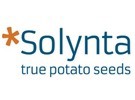 For more information:
For more information:
Caroline Elias
Solynta
Tel: +31(0)6 38900374
Email: [email protected]
www.solynta.com
